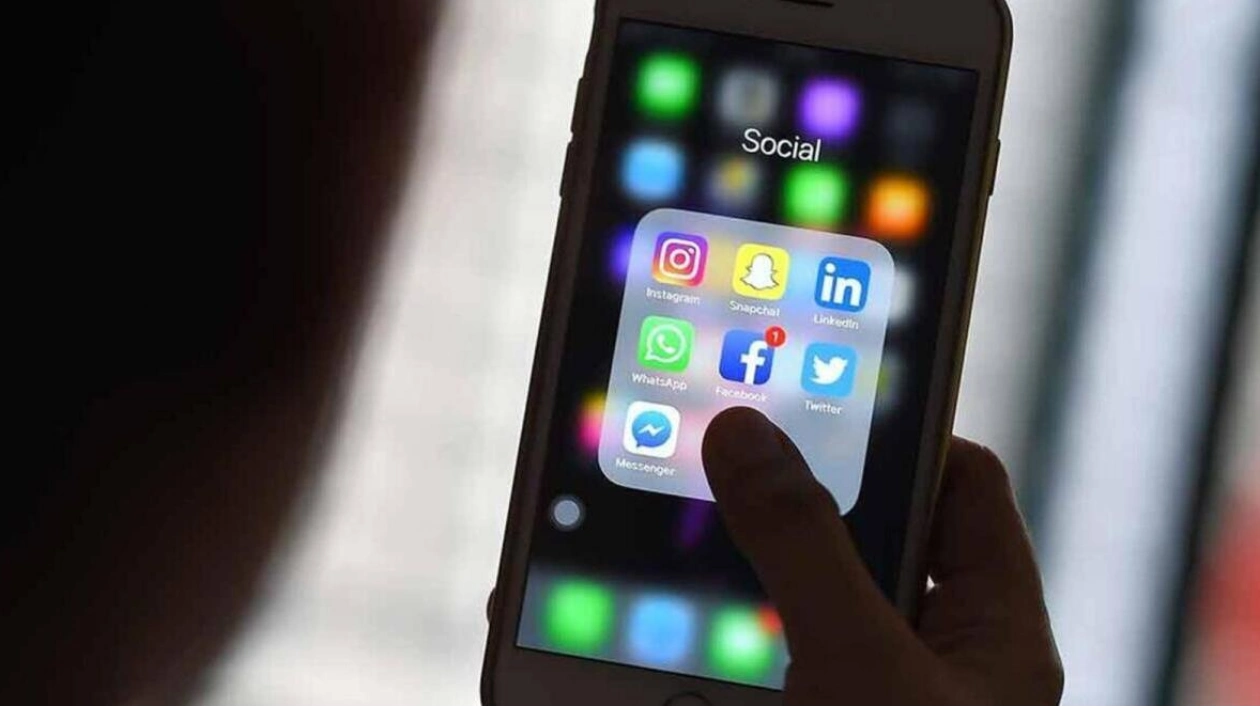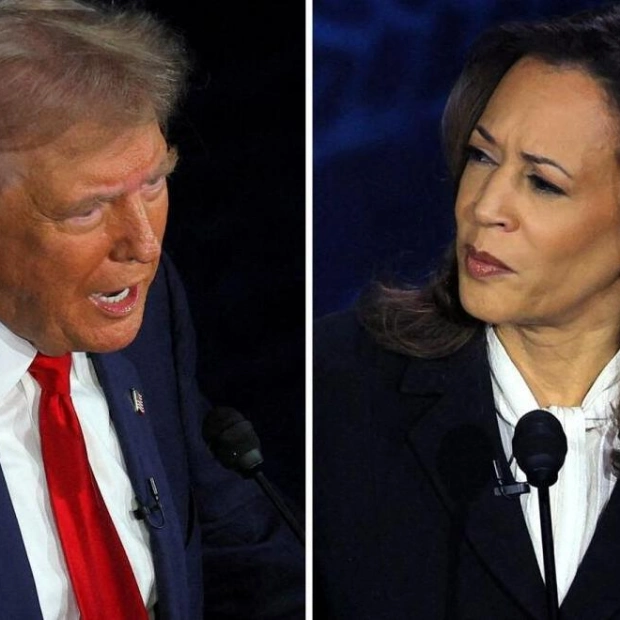Parents in the UAE have responded with a mix of cautious optimism to tech giant Meta's introduction of teen accounts featuring enhanced privacy and parental controls. On Tuesday, Instagram revealed plans to automatically set millions of teenage accounts to private and limit the type of content they can access on the platform.
“This is a necessary step in the right direction,” commented Zoltan Rendes from Dubai-based SunMoney Solar Group, who has a 13-year-old child. “Currently, it’s akin to the Wild West—anything goes. There is a pressing need for robust regulations to protect young users from inappropriate content, scams, and extreme viewpoints.” According to Instagram’s official statement, these updates aim to provide parents with “peace of mind that their teens are safe” and to enrich teenagers' experience by introducing a feature that allows them to choose topics they wish to see more of.
However, some teenagers in the UAE expressed skepticism about the changes. “I understand the rationale behind it, but it feels off when I see kids as young as 6 or 7 on social media,” said 16-year-old Rhea Nihalani. “I doubt the new rule will be as effective as intended. By restricting and monitoring what teens can access and post online up to the age of 15, we might just be encouraging more aggressive use once they turn 16.”
Omer Khan, Founder and CEO of mental health platform Helply, described Meta's move as a “bandage solution” to a multifaceted problem. “From a psychological standpoint, giving teens more control over their privacy settings can lessen their exposure to harmful content, bullying, and unsolicited messages,” he explained. “However, this doesn't fully address the underlying issues. Even with privacy settings, teens may still suffer from social comparison—a significant contributor to mental health problems. Seeing curated versions of their peers' lives can lead to feelings of inadequacy and low self-esteem. Simply reducing exposure to certain content won't tackle this deeper psychological issue inherent in social media itself.”
Misha Akbar, founder of Sama Health, viewed the news with a “grain of salt” as a mental health practitioner and mother of a teenager. “While these tools are a positive step, they're just one piece of the puzzle,” she noted. “As parents, we need to go beyond setting restrictions and engage in open discussions with our teens about how social media affects their mental health. It's about equipping them with the knowledge and confidence to navigate their online lives.” She expressed curiosity about how teens would react, emphasizing the importance of balance without appearing overly restrictive.
Omar warned of a potential “whack-a-mole effect,” suggesting that the move could push teenagers to other platforms. “One unintended consequence could be that teens shift to less regulated platforms,” he said. “We've seen this trend before with platforms like Snapchat, TikTok, and others becoming popular among younger audiences seeking less oversight.” He highlighted the increased risks this could entail, as teens might constantly switch platforms, making it harder for parents, regulators, and tech companies to keep pace. These less-policed platforms might have fewer safeguards, potentially exposing teens to greater dangers.
Misha added that teens would likely seek ways to push boundaries and “develop workarounds” as they naturally crave independence. Zoltan emphasized the importance of parents being vigilant for “red flags” in their teens’ online behavior. “If kids feel the need to leave Instagram to evade these controls, it likely means they’re engaging in activities they don’t want their parents to know about, which warrants investigation,” he said. “Ultimately, while some might migrate to other platforms, this should spark a broader discussion about how parents regulate their child’s entire online experience, not just one platform. Restrictions should be part of a comprehensive strategy, not just a quick fix on Instagram.”






